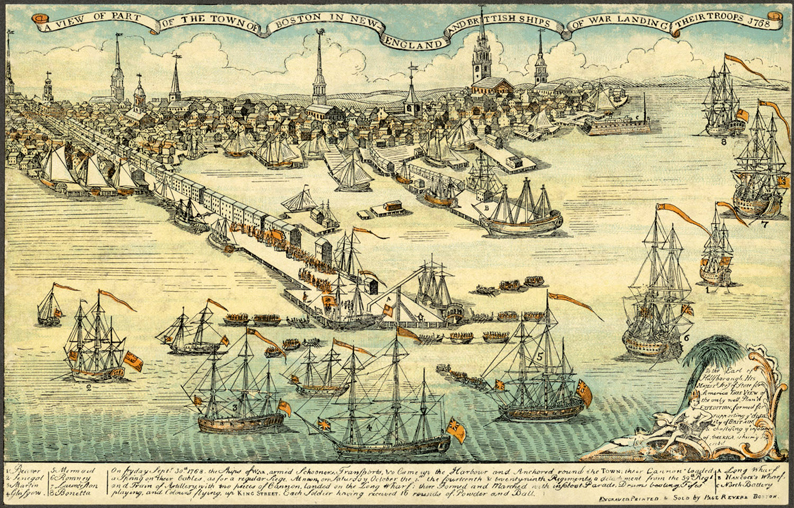Mushroom
Gold Member
/———/ It’s something I read in one of the many books on the Revolution. If you’re going to be a dick about it, get your Google fixed and do your own research. Bozo
I am not being a dick. You made the claim, therefore it is up to you to do your own research and show that was the case.
Notice in my posts, I not only gave quotes from source documents, I even provided links to the source documents.
Don't expect us to do your research for you. And I did look, and found nothing. Therefore I am pretty much rejecting it, as you "can't prove a negative".


